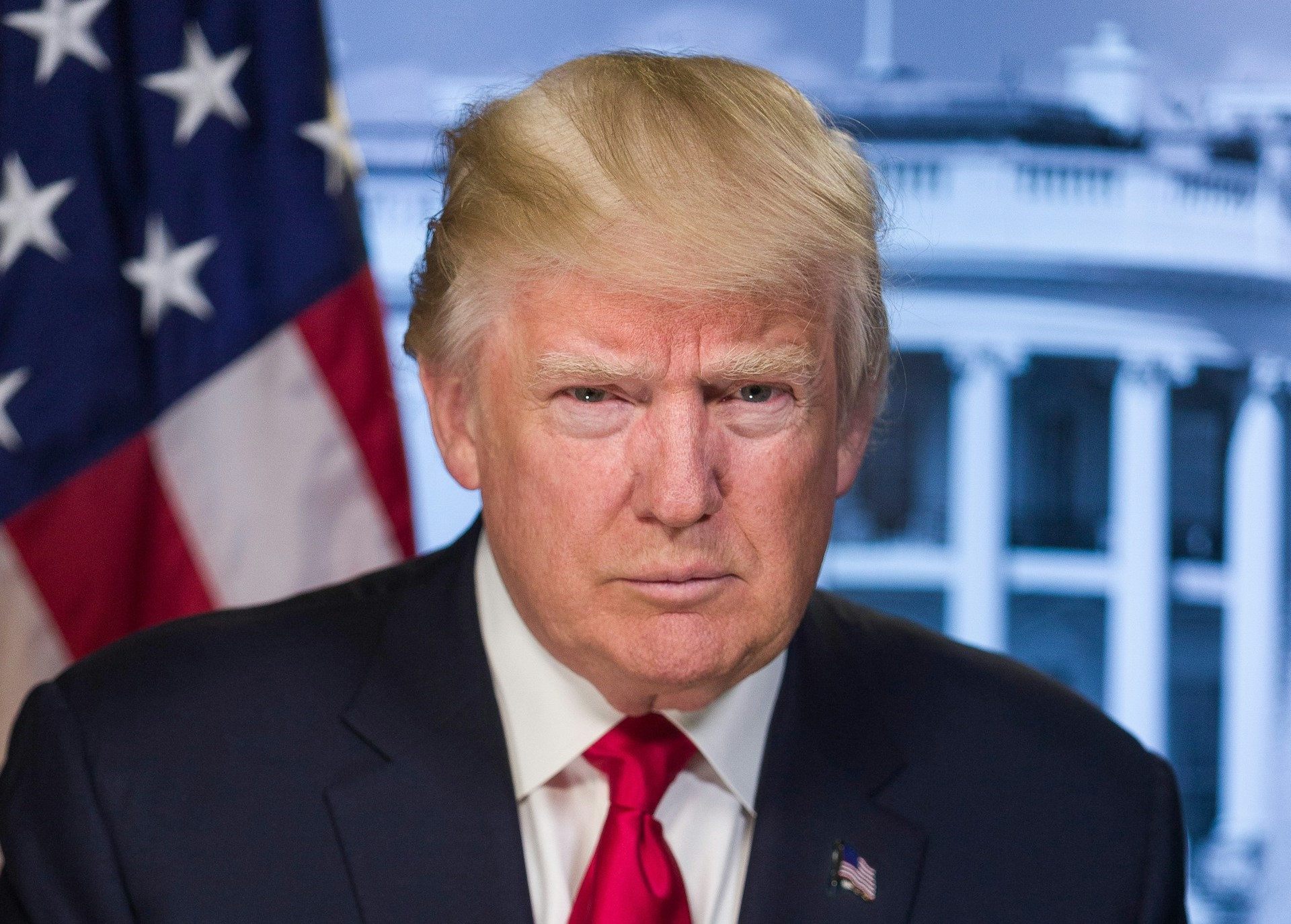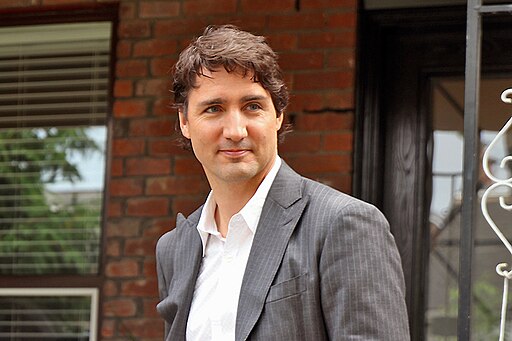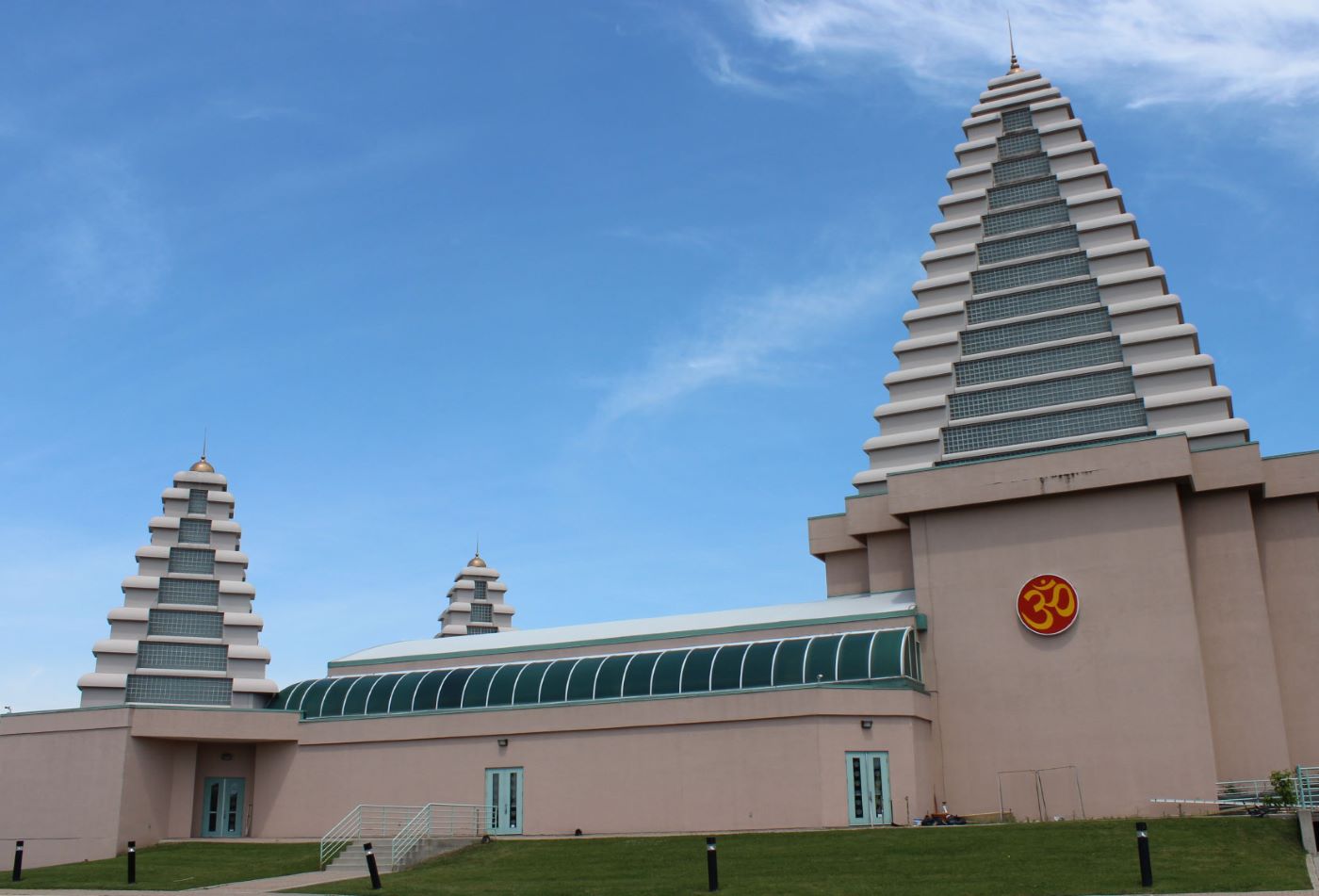The Trump assassination attempt has historical precedents — and future security implications
At a political rally in Pennsylvania, former president Donald Trump narrowly survived an assassination attempt. As gunshots rang out during the Republican candidate’s rally, Trump miraculously avoided a direct hit and said a bullet grazed his ear.
One person attending the rally was killed.
During the rapid sequence of events witnessed in the attack, Trump raised his right hand toward his head while his body moved towards the ground. Secret Service agents quickly rushed in, getting on top of Trump, forming a protective cone around him.
After being down for about a minute, Trump rose and pumped his fist while his protective detail shielded him. The 78-year-old appeared to have been injured, with blood dripping from his ear. A 20-year-old man from Pennsylvania has been identified as the shooter. He was killed by Secret Service snipers who were watching over the rally.
This act of violence is an extremely disturbing turn of events in political affairs in the United States. However, it is not without precedent.
Reviewing event security
Of urgent importance, a U.S. Secret Service protective review will begin immediately to determine if there were any points of failure in the site security plan at the fairground at Butler, Pa. The results of that review will be immediately applied to current protection activities for all presidential candidates.
The Federal Bureau of Investigation will lead the investigation into the shooting. Agents from the FBI Pittsburgh Field Office will be joined by multidisciplinary teams, including the critical incident response group and evidence response technicians.
The FBI will need to answer big-picture questions quickly. Was the shooter a lone wolf? Did this assassination attempt result from politically motivated domestic terrorism?
Security implications
Given this act of political violence has occurred immediately before the Republican National Convention (RNC) taking place in Milwaukee, there will be wide-ranging security implications for that gathering. It should be noted that the security preparation for the political convention was already at enhanced levels prior to the Trump assassination attempt.
In fact, a pre-emptive state of emergency had already been declared in May for the Milwaukee event.
The RNC has been designated a National Special Security Event. That designation allows for better co-ordination between multiple local, state and federal agencies to protect complex events from threats and to facilitate additional resource deployments to handle any type of civil emergency that may occur during the political gathering.
Historical precedents
Assassination attempts on candidates have happened during the 1968 and 1972 American presidential races. These incidents altered presidential election cycles of the past.
On June 5, 1968, Democratic presidential candidate Robert F. Kennedy was killed following a rally in California. Kennedy had just won the California primary and was fatally wounded by Sirhan Sirhan after giving a victory speech at the Ambassador Hotel in Los Angeles.
The dynamics of the 1968 presidential election were altered when the American voter’s choices of candidates were dictated in part by the outcome of political violence.
On May 5, 1972, George Wallace was campaigning to become the Democratic nominee for president. After a rally in Laurel, Md., Wallace was shot while shaking hands with attendees. He was a divisive politician who was an ardent segregationist and used tactics of stirring up fears for so-called forgotten white Americans. He survived the assassination attempt but was paralyzed for life.
After the shooting, Wallace reconsidered some of his controversial views.
Dark shadow of political violence
Have we entered an era of political upheaval in America where political violence will become the backdrop for U.S. politics?
Recent studies on attitudes toward political violence indicate that a small but not insignificant number of Americans support the idea of using violence to advance political ideas.
While Trump is the victim of this heinous attack, it’s difficult to ignore how he has catalyzed extreme political polarization. Trump has repeatedly acted to demonize his opponents and he tacitly supported political violence during the insurrection on Capitol Hill on Jan. 6, 2021.
Nonetheless, it’s unacceptable to consider that violence can be normalized as an expression of American political views. There is a clear and present danger that the outcome of political violence will be a determining factor for the outcome of the 2024 presidential election. Hopefully, the assassination attempt on Trump will not put undue influence on the American electorate.
By Associate Professor Jack L. Rozdilsky, Disaster and Emergency Management, York University
This article is republished from The Conversation Canada.





